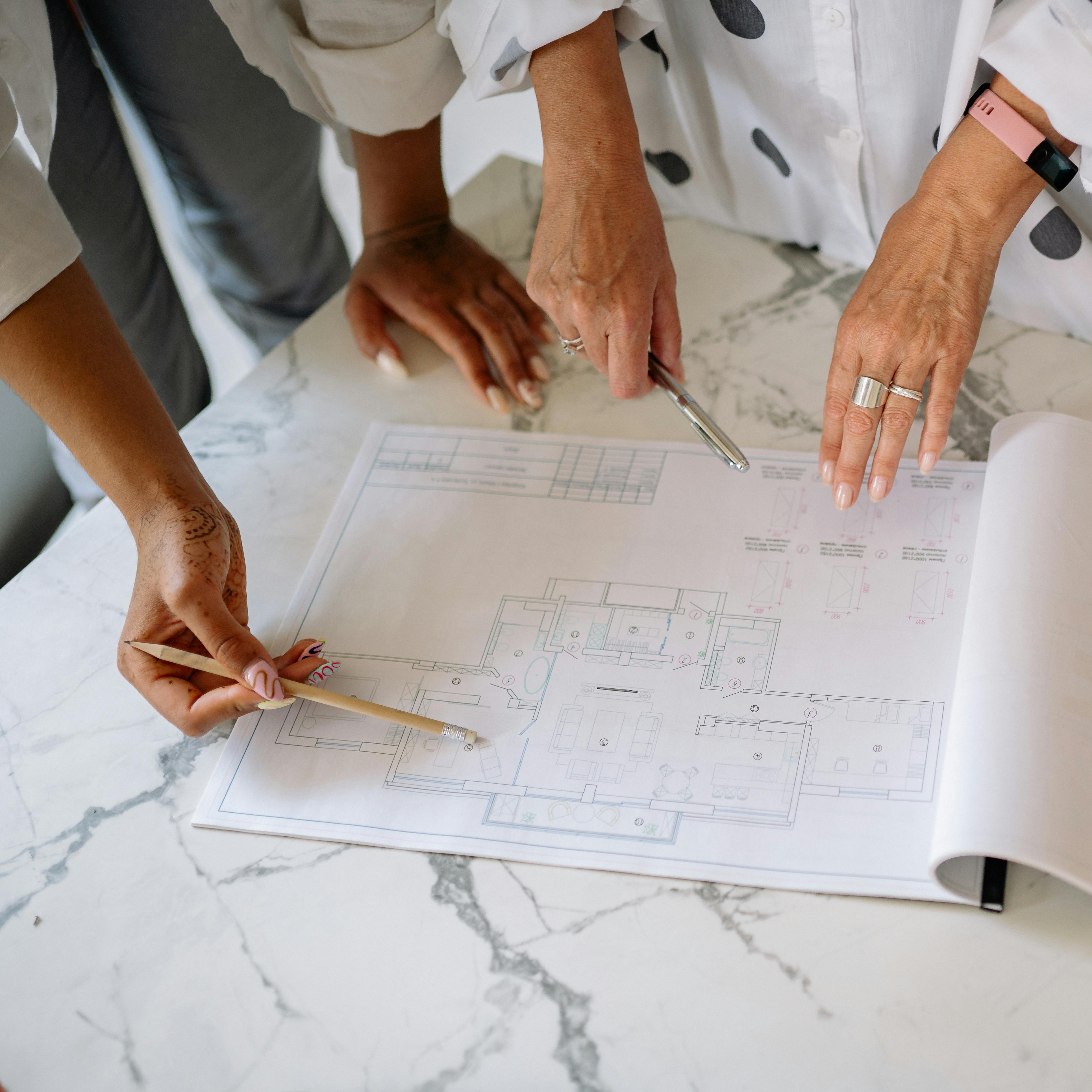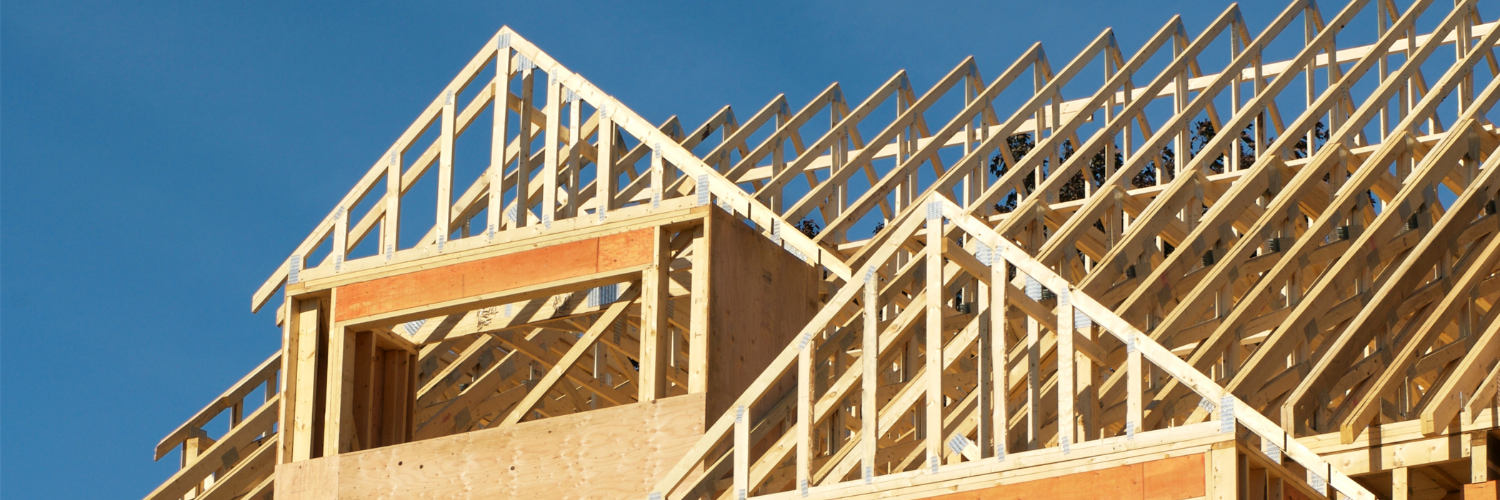Building a custom home in Ontario involves a structured, multi-stage process that includes planning, design, permits, approvals, construction, inspections, and final occupancy. While timelines vary, most custom homes take 10–18...
Essential Tips for First-Time Home Builders
- July 21, 2025

Embarking on a home building journey is both exciting and daunting. It's a chance to create a space that truly reflects your style. However, the process can be complex and overwhelming for first-time builders.
Understanding the steps involved is crucial. From planning to construction, each phase requires careful consideration. A well-thought-out approach can save time and money. Budgeting is another key aspect. Setting a realistic budget helps avoid financial stress. It ensures you can afford the home of your dreams without overspending. Choosing the right house plans is essential. They form the blueprint of your future home. Selecting plans that suit your lifestyle and needs is vital.
This guide will provide essential tips for first-time home builders. Let's dive in and explore the process together.
Understanding the Home Building Process
Building a home from scratch involves several stages. Each stage demands attention and careful planning. Understanding these steps can make the process smoother.
The typical home building process starts with planning. This involves selecting a location and designing the house plans. Next, securing financing and obtaining necessary permits is crucial before construction begins.
Here's a basic overview of the stages:
- Planning and Designing: Determine your needs and design your home accordingly.
- Permits and Approvals: Ensure all legal requirements are met.
- Foundation and Framing: Start building the structure.
- Utilities and Interiors: Install plumbing, electrical, and final finishes.
Keeping track of each stage is essential to stay on schedule and budget. Regular check-ins with your contractor can help you monitor progress. Clear communication will resolve issues quickly.
Completing each stage step-by-step leads to a successful home build. Knowing what to expect reduces surprises and delays. Embrace the process with a clear understanding and attentive oversight.
Setting a Realistic Budget
The first step in home building is setting a budget. A realistic budget helps avoid financial strain and ensures the project runs smoothly. Begin by estimating the total costs, including land, construction, permits, and furnishings.
Unexpected expenses can arise, so it's wise to include a contingency fund. This fund should be a percentage of your total budget, often suggested as 10-15%. It acts as a buffer for unforeseen costs.
Consider the following factors when setting your budget:
- Land Purchase: Acquiring the land where you’ll build.
- Construction Costs: Materials and labor needed for building.
- Permits and Fees: Necessary legal approvals and documentation.
- Interior Finishing: Furniture, appliances, and decor.
By thoroughly planning your budget, you can reduce stress and make informed decisions throughout the building process. Carefully monitoring expenditures ensures you remain on target financially.
Choosing the Right House Plans
Selecting house plans is a critical step in home building. Your plans shape your future living space, influencing comfort and functionality. Spend ample time deciding what suits your needs and lifestyle best.
Start by identifying your priorities. Consider the number of bedrooms, bathrooms, and any special features like a home office or a playroom. Think about both current requirements and future needs, such as space for a growing family.
When reviewing house plans, keep these essentials in mind:
- Layout: Ensure a logical flow between spaces.
- Size: Match the size to your family’s needs.
- Style: Choose a design that appeals to you.
- Adaptability: Consider future changes or expansions.
Consulting with an architect can also provide valuable insight and ensure your plans are practical. A well-chosen plan sets a strong foundation for a successful build.
Selecting Reliable Contractors and Suppliers
Finding trustworthy contractors and suppliers is vital for a smooth home building experience. The right team ensures quality work and timely completion of your project. A poor choice can lead to delays and increased costs.
Start by seeking recommendations from friends and family. Their experiences can guide you to reliable professionals. Additionally, check online reviews for unbiased opinions. This way, you get a broader perspective on potential contractors.
When narrowing down your choices, consider these key factors:
- Experience: Look for a proven track record.
- References: Ask for and check past client references.
- License and Insurance: Ensure they are certified and insured.
Finally, always get multiple quotes. Comparing offers will help you find the best value without compromising quality. Take your time and choose wisely to prevent headaches later on.
Navigating Permits and Regulations
Securing the necessary permits and understanding regulations is crucial in home building. This process ensures your construction meets legal requirements and avoids future issues. Without the right permits, your project may face costly delays or fines.
Begin by researching local building codes and zoning laws. Speak with your local building department for guidance. They can provide insights on what is required for your specific build. Ensure you comply with these rules from the start to prevent setbacks.
Here’s what to keep in mind:
- Local Building Codes: Ensure alignment with these standards.
- Permit Requirements: Identify which permits are needed.
- Zoning Laws: Check if your plans align with local zoning.
By thoroughly understanding these aspects, you’ll pave the way for a smoother construction process.
Prioritizing Home Improvement and Upgrades
When planning your new home, consider future home improvement projects and upgrades. Thinking ahead can save time and money in the long run. Prioritize areas that enhance comfort and efficiency.
Start with energy-efficient systems. Invest in high-quality windows and insulation to reduce utility costs. Modern appliances and LED lighting can also contribute to energy savings. These improvements not only benefit your wallet but also the environment.
Consider these upgrades:
- Energy Efficiency: Solar panels, insulation, and efficient appliances.
- Smart Home Technology: Automated lighting and security systems.
- Future Expansion: Plan for additional rooms or outdoor spaces.
By planning wisely, your home will be efficient and cater to future needs, making it a better investment.
Avoiding Common Mistakes in Home Building
Building a home is complex and can lead to costly errors. Anticipating common pitfalls helps in avoiding them. First, do not rush decisions, especially when choosing materials.
In addition, communicate clearly with your builders. Misunderstandings can lead to mistakes in construction. Ensure you're involved throughout the process.
Consider these mistakes to avoid:
- Poor Planning: Overlooking details in house plans.
- Budget Overruns: Not accounting for unexpected costs.
- Inadequate Research: Failing to vet contractors properly.
By being aware of these issues, you can navigate the home building process smoothly. This foresight ensures your dream home comes to life as planned.
Final Thoughts for First-Time Home Builders
Embarking on the journey of home building can be daunting but also rewarding. It's essential to prepare by researching and planning thoroughly. This groundwork sets a strong foundation for the project.
Seek advice from experienced builders and stay informed throughout the process. Adjusting plans as needed ensures the final home meets your expectations. Patience and diligence will go a long way.
The decisions made today impact the future enjoyment of your new home. Embrace the learning curve as you transform your vision into reality. With careful execution, you'll create a space that fits your lifestyle and needs.
From the blog
Lorem ipsum dolor sit amet consectetur, adipisicing elit. Ipsa libero labore natus atque, ducimus sed.


Building home, canadian homes, build home, supportive housing canada, supportive housing policies, supportive housing programs, why is canada expanding supportive housing, how supportive housing is funded in canada, housing first canada
Supportive Housing Policies in Canada: Programs, Funding, Models & Provincial Trends
Supportive Housing Policies in Canada
How governments are using housing + services to address homelessness, mental health, aging, and affordability gaps.

